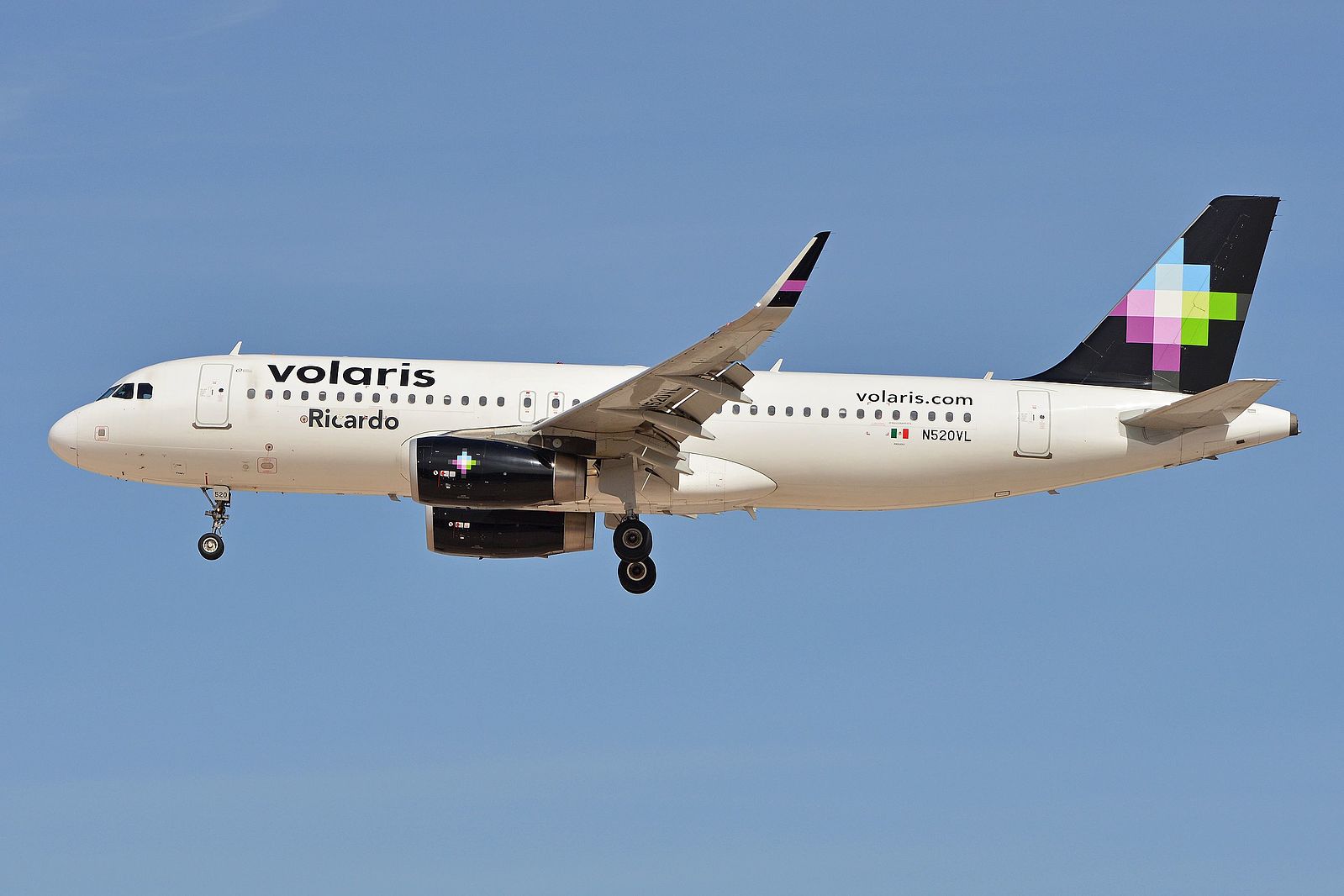I’m always surprised when people agree to whatever price is offered to them for a service, or simply accept whatever one-sided terms are written into a contract they’re asked to sign. Frequently when co-workers would bring deals or contracts to me to review I’d insist on pushing harder on the business terms.
Whenever a buyer and seller agree on a price for a product, I assume both are fairly happy with the deal. Unless there’s been extensive and painful negotiation each side would probably move a little bit, although sometimes it’s costly for them to do it in terms of their personal capital — are they going to have to admit a mistake to a boss?
Someone working on commission wants to get a sale done. And they’ll do whatever they need to in order to make that happen, as long as any deal is still within the zone of possible agreement. So I’ll suggest pushing on price, on terms, or asking for throw-ins even at the last minute.
Even by my standards Mexican low cost carrier Volaris has extreme chutzpah. Back in February they entered into a 12-month agreement to receive subsidies and fly twice-weekly between Albuquerque, New Mexico and Chihuahua, Mexico.
Volaris started selling the flight. However last week the airline told the cities that unless they coughed up an additional $32,000 per roundtrip the service was off.
The parties announced a 12-month agreement in February, but last week Volaris told city staff it would not deliver the service unless the two cities coughed up a combined $32,000 per roundtrip flight, Jonathan Small, marketing manager for the Sunport, told the Journal.
After consulting, the two cities opted not to pay.
“They kind of pulled the rug out from under us,” Small said.

Credit: Alan Wilson via Wikimedia Commons
Ten days before service was supposed to start, it was cancelled. The city of Albuquerque “is contemplating legal action against Volaris.”


oy vey Gary! giving up the secrets like that
Total BS!
The business model that needs to be emulated by airlines is that of the very successful Flix Mobility managing Flix Bus throughout Europe and Flix Trains in Germany; soon France. No subsidies, just a well managed program offering very low prices in a quality operation. BTW-FlixBus has already moved into the US West and recently in the US Northeast.
The heart of the problem in the US is Congress.
-Why does our EAS program continue to subsidize air services just down the road from a major airport? How many towns in NY does Senator Schumer demand have air service?
-Why is Amtrak allowed to use PRIIA legislation to excessively charge non-Northeast Corridor states for their minimal services with the intent of subsidizing the deficit-ridden Northeast Corridor; not to even charge those states along the Northeast Corridor for their twice per hour bi-directional intercity Amtrak trains? Amtrak’s monopoly must be broken to allow private firms like Flix and Virgin to have open access, or bid on franchises, just as currently achieved in Europe.
In today’s market, it is preposterous for any city, or state, or federal to pay a subsidy to an airline, when those carriers for the most part are mere extensions of the US3, who are vehemently opposed to any competition.